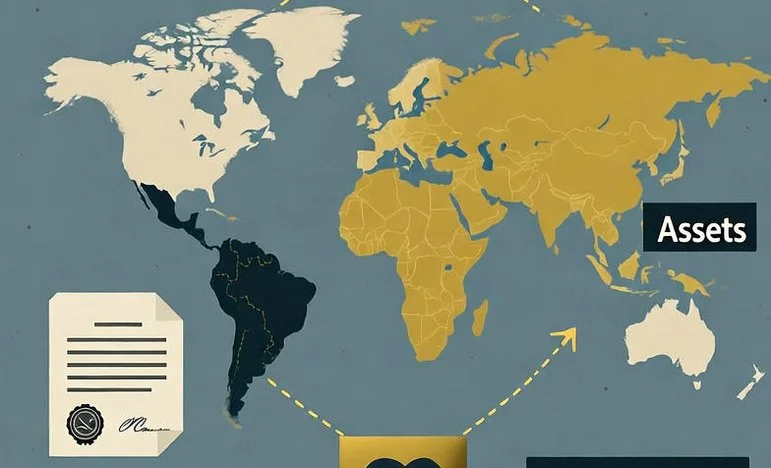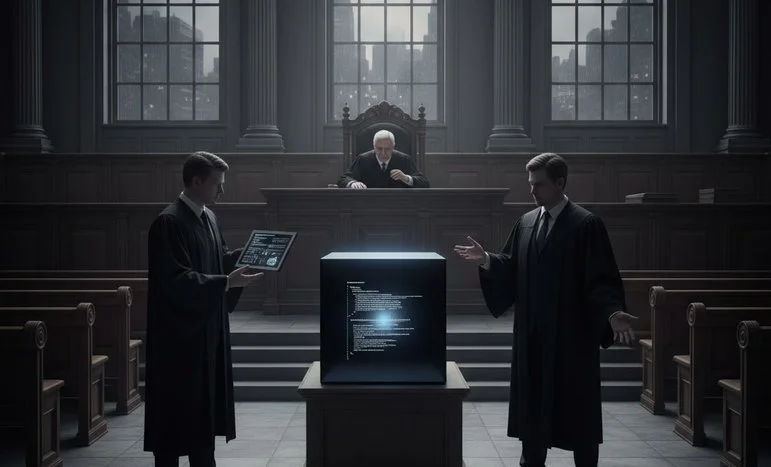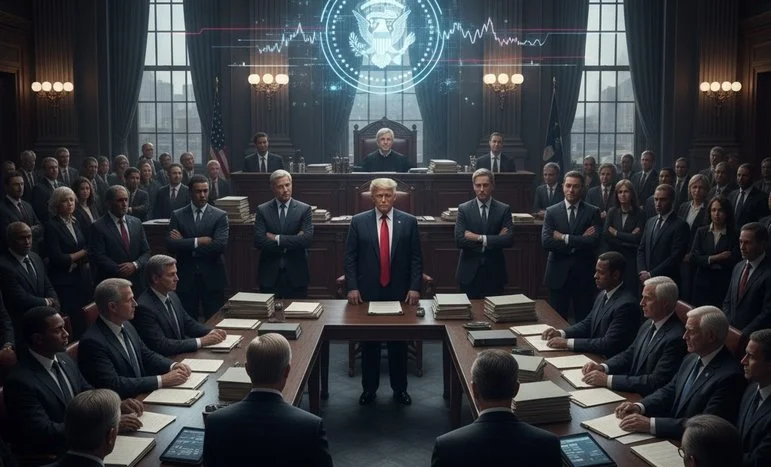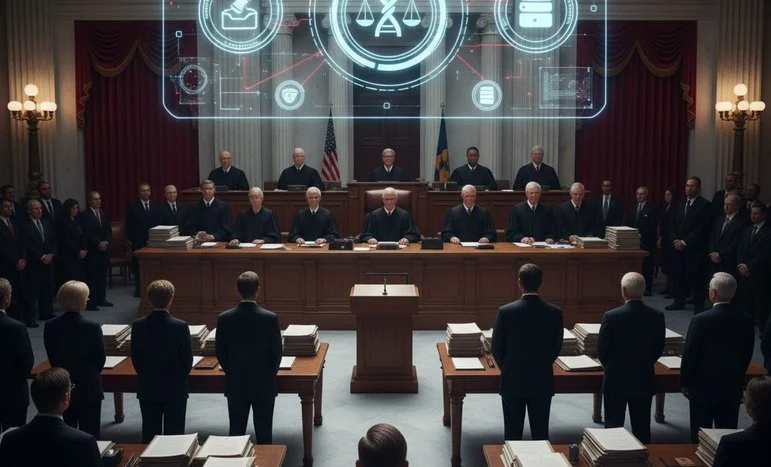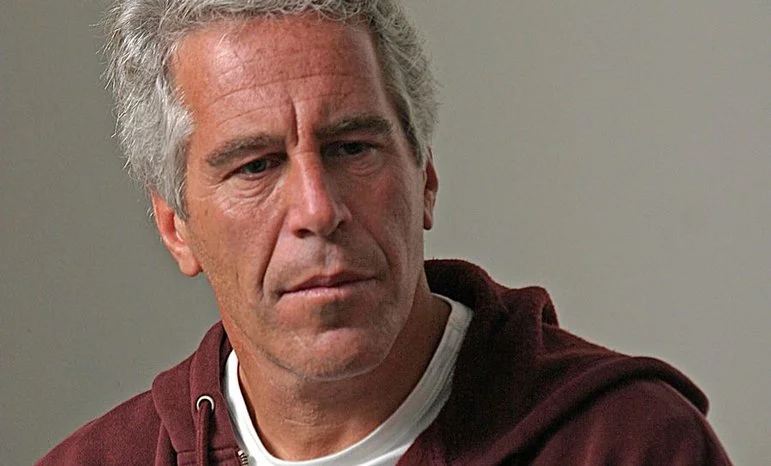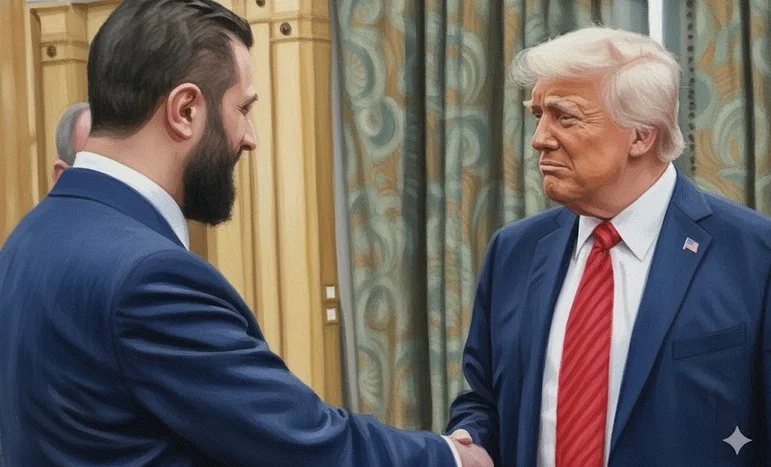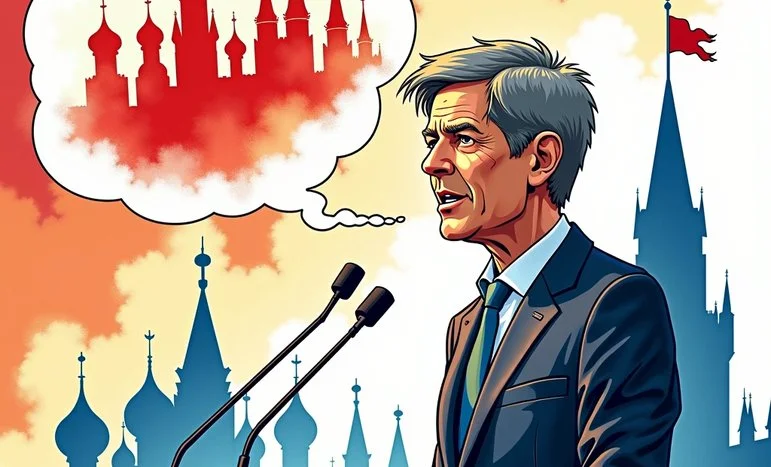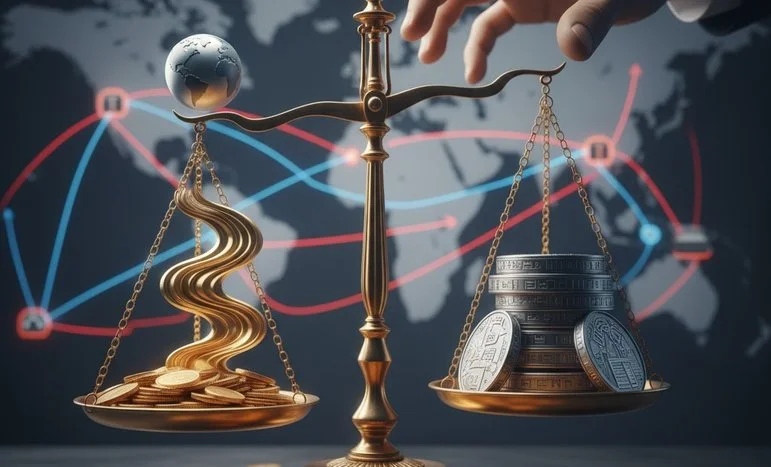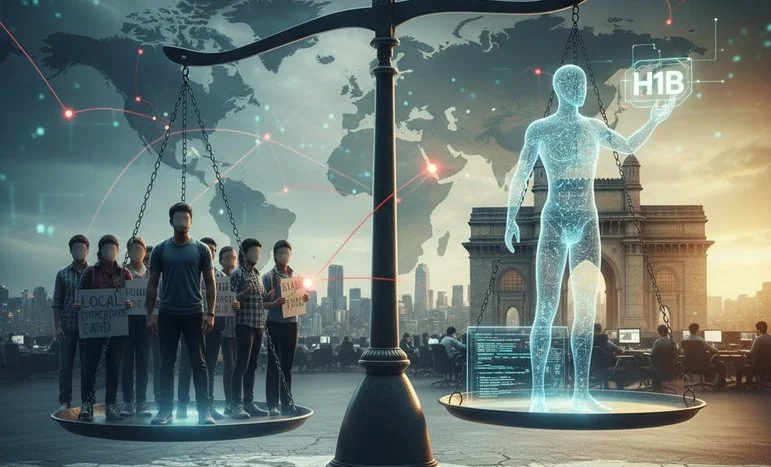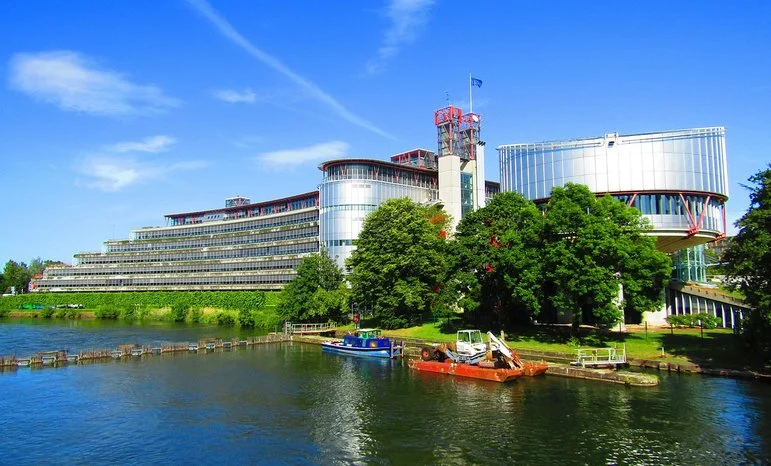
Transgender Judge Appeals to ECHR Over UK Supreme Court’s 'Biological Sex' Ruling
Transgender Judge Appeals to ECHR Over UK Supreme Court’s ‘Biological Sex’ Ruling
The recent decision of a transgender judge to take the United Kingdom to the European Court of Human Rights (ECHR) marks a watershed moment in the debate over gender recognition and legal equality. At the heart of this dispute lies the UK Supreme Court’s narrow interpretation of “biological sex,” a ruling that has stirred both applause and outrage.
From a gender-neutral lineage perspective, the ruling represents a legal failure to respect the lived experiences of individuals who do not conform strictly to traditional categories of male and female. Law should evolve to reflect both biological diversity and social reality. When judges impose rigid binaries, they risk reducing complex human identities to oversimplified classifications that do not reflect modern society.
Critics argue that clinging to “biological sex” as an immutable category undermines decades of progress in gender equality. It also places transgender and non-binary individuals in legal limbo, unable to fully access rights others take for granted. Equality before the law requires acknowledgment of diverse identities — a principle the ECHR may now be asked to enforce against the UK.
Supporters of the Supreme Court ruling often frame their stance as a defense of objectivity. Yet this so-called objectivity frequently masks deep-rooted social biases. The notion that law must be bound by narrow biological definitions fails to recognize that gender identity is both a personal reality and a social construct. For courts to ignore this is to deny justice.
The appeal to the ECHR is not just a legal maneuver; it is a moral stand. A ruling in favor of the transgender judge could set a precedent for greater recognition of gender-neutral and non-binary identities across Europe. In doing so, it would affirm that equality under human rights law is not about fitting people into boxes but ensuring that laws reflect the dignity of all individuals.
Ultimately, this case highlights the tension between tradition and progress. The law must choose: preserve outdated categories or embrace a framework that respects human diversity. The ECHR now has the opportunity to align justice with the principles of inclusion, fairness, and dignity for all.
We appreciate that not everyone can afford to pay for Views right now. That’s why we choose to keep our journalism open for everyone. If this is you, please continue to read for free.
But if you can, can we count on your support at this perilous time? Here are three good reasons to make the choice to fund us today.
1. Our quality, investigative journalism is a scrutinising force.
2. We are independent and have no billionaire owner controlling what we do, so your money directly powers our reporting.
3. It doesn’t cost much, and takes less time than it took to read this message.
Choose to support open, independent journalism on a monthly basis. Thank you.
